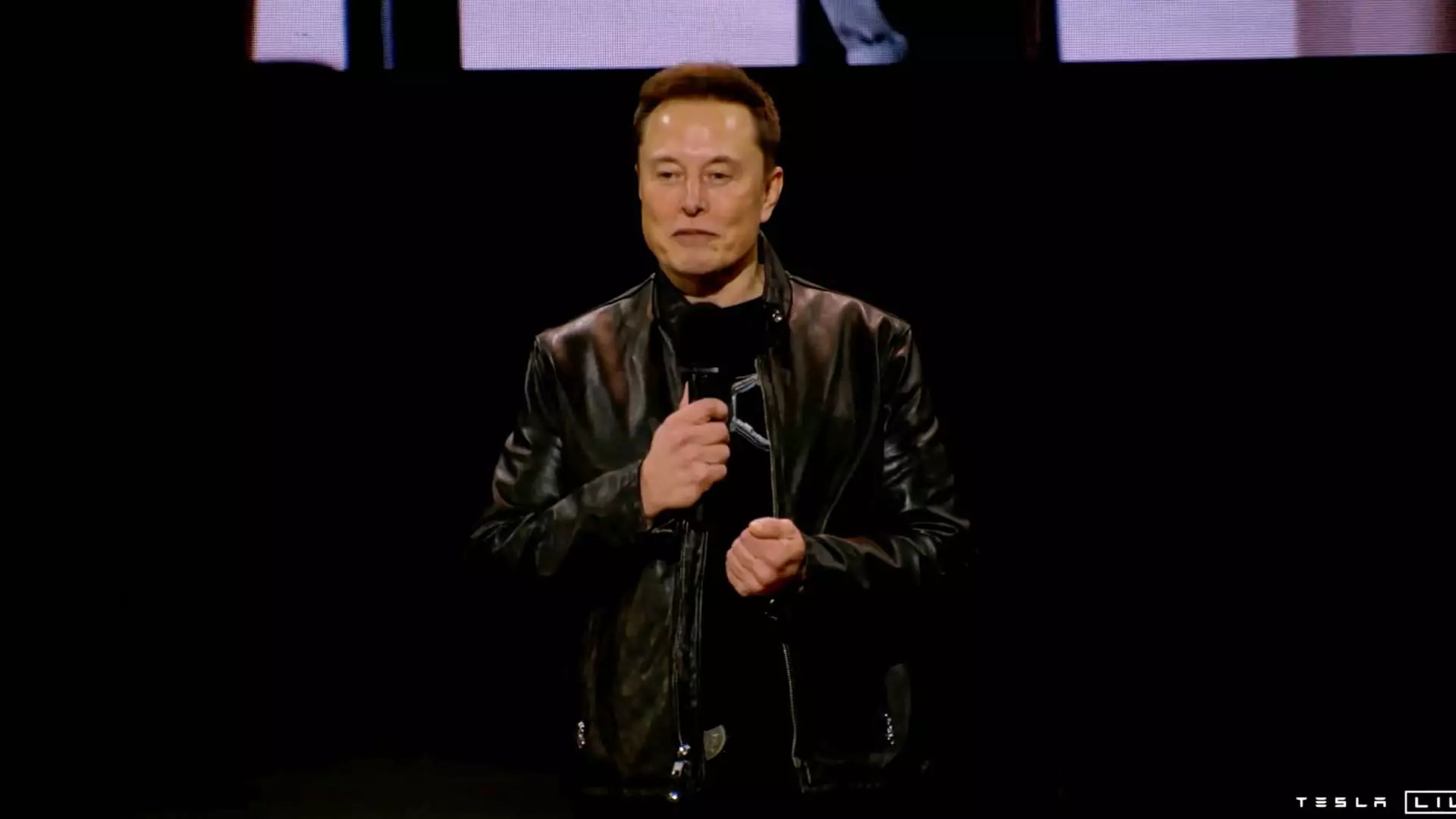In recent weeks, the National Highway Traffic Safety Administration (NHTSA) has raised significant alarms regarding Tesla’s communication strategies, particularly in how the company presents its Full Self-Driving (FSD) technology. The agency indicated that Tesla’s social media messaging has dangerously blurred the lines between driver-assist and true autonomy, potentially misleading consumers and jeopardizing roadway safety. This situation brings to light the critical need for clarity in the burgeoning field of autonomous vehicle technology and the implications of corporate messaging on public perception.
The concerns articulated by Gregory Magno, head of the NHTSA, are far-reaching. In an email to Tesla’s board published recently, he cautioned against the portrayal of a fully autonomous vehicle experience in marketing materials and social media engagements. The challenge lies in the robust implications of this portrayal – it fosters an expectation among consumers that the technology can operate independently when, in fact, human supervision remains a critical component. As Tesla prepares to respond to the NHTSA by December 18, it faces not only the potential for significant financial penalties—up to $135.8 million—but also a deeper scrutiny over the very essence of its FSD system.
As Tesla continues to innovate at a rapid pace, questions arise regarding its accountability to both regulators and consumers. The NHTSA’s investigation into potential safety defects with Tesla’s FSD technology comes in light of several troubling incidents, including collisions occurring while the FSD was engaged. Such cases underscore the urgent need for stringent regulations that ensure consumer safety does not take a backseat to technological advancements and marketing ambitions.
One particularly alarming example cited by the NHTSA involved a driver using FSD while potentially incapacitated, illustrating Tesla’s troubling messaging around responsible use of their technology. The company seems to promote its feature as a solution for a range of scenarios, including those that raise serious ethical questions about driver safety and societal responsibility.
In light of these challenges, the NHTSA has urged Tesla to ensure that its messaging aligns with the true capabilities of its vehicles. The recommendation to create communication that accurately reflects the operational limits of FSD technology is not merely a bureaucratic suggestion; it is a demand for a higher standard of accountability in the tech industry. By promoting clear and responsible messaging, Tesla has the opportunity to lead by example in the autonomous vehicle sector, ensuring that innovations do not come at the expense of consumer safety or trust.
The current spotlight on Tesla’s approach to its self-driving technology serves as a vital reminder of the complexities surrounding autonomous vehicles. As society continues to advance towards a future filled with electric and automated transportation, it is imperative that companies like Tesla align their technological advancements with ethical communications and safety initiatives. This trajectory not only protects consumers but also fosters greater trust in the evolving domain of autonomous vehicles, enabling a truly revolutionary shift in the way we perceive mobility.


Leave a Reply